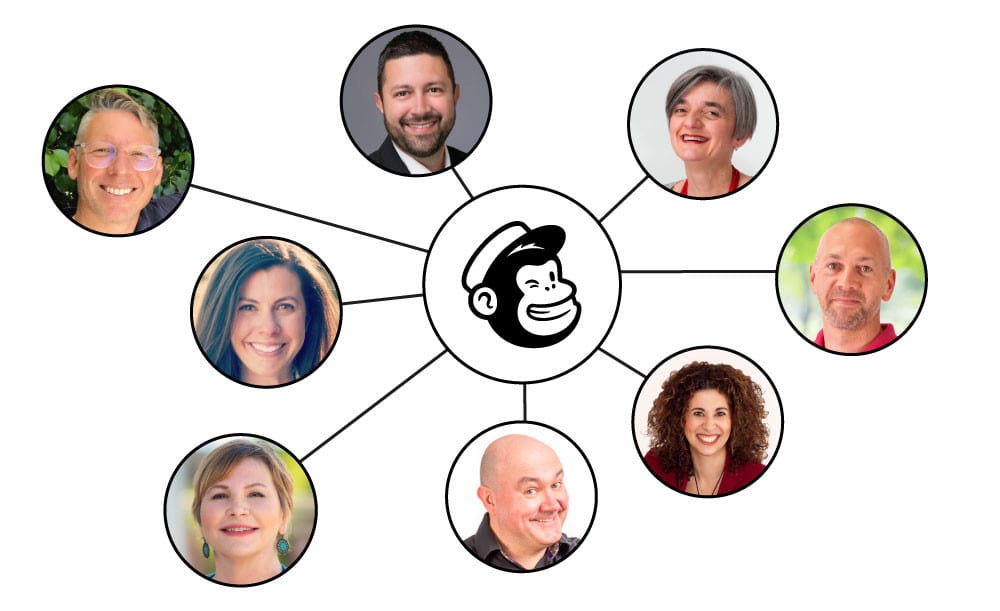
On the other hand, enterprise generally have larger audiences, more data and more budget, so they can take advantage of multivariate testing, AI tools, custom design: they work on a larger scale and with multidisciplinary teams, and this allows them to experiment.
Our approach is similar because the problems we’re solving are the same. The main one being the production and deployment of the amount of emails they need to send to meet their objectives.
The biggest difference though is the number of customers on the lists, the volume of emails being sent and number of people you have to satisfy and deal with at an enterprise level.
You can get a lot more done, a lot more quickly with small business.
Most SMBs (small to mid-sized businesses) have very narrow goals for email programs which are directly tied to immediate ROI for the business. Every campaign is analyzed as-it-happens, and program changes are implemented quickly based on what was learned in the most recent campaigns. This situation exists as it is usually a function of the business’ general goals for stability, profitability and need to grow. Quick pivots are often vital to program success.
Unlike SMBs, enterprise organizations tend to have a longer, more strategic view when it comes to an email marketing program. While tactical initiatives are still valued, there is less pressure at an enterprise level to make immediate changes to a program based on short term measurements for audiences or campaigns.
For an enterprise, email marketing can be a numbers game, send more emails and get sales.
This is true for small businesses too. A small business can send frequent sales emails, but the unsubscribe rate will be high. For an enterprise this won’t impact them as much as a small business. The game to grow a list and keep it large can be exhausting.
When enterprises take the time and effort to segment their audiences so they can send emails that interest their potential clients. They won’t have to work so hard or send so many emails to get sales. So the return on investment on emails will go up and the cost of buyer per email will go down.
This strategy is true for small businesses also.
I’m not sure that there is much of a difference from a foundational point of view…. know the emails you want to send, know who they’re going to, get the data… and go!
I think one area that is different is in segmentation… I always liken a database to a cake – the bigger it is, the more slices you can put into it – when you don’t have much data, over-segmentation can create problems.
Plus, of course, larger businesses have more money to spend on analysis, data capture and automation between systems which makes things flow nicely.
…but when it comes down to it, the approach of sending the right email to the right person at the right time is universal…
